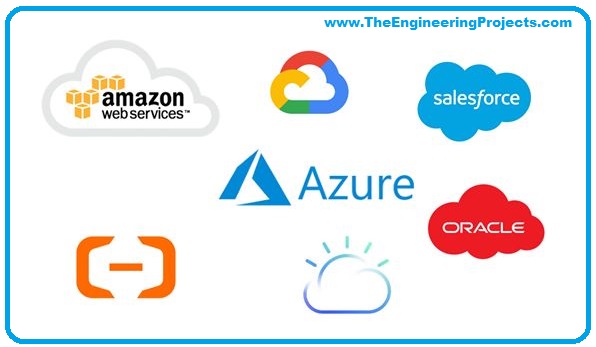
What are the most common mistakes companies make when choosing a cloud storage provider, and how can you avoid them?
The Importance of Cloud Storage
The importance of cloud storage software is hard to overstate. Your decision will have an effect on:
- File storage. How can you be sure that your files are stored fully and reliably? With an unreliable or untested provider, you’ll never feel 100 percent confident that your materials are being properly held.
- File security. You’ll also need to consider the security of your files. If something happens to the storage provider’s main data center, is there a backup that will keep your files safe? Will your content be defended against would-be cybercriminals? Can you share your files safely and reliably?
- Collaboration, sharing, and productivity. Most companies use their cloud storage provider’s services as a way to conveniently collaborate, share, and work together within the organization. Accordingly, your choice will have a significant impact on your bottom-line productivity – and therefore your profitability.
- Organization and management. Cloud storage providers also dictate the tools available to help you organize and manage your files. With the wrong software or an unreliable system, it’s going to be hard to keep all your individual files (and versions) straight, leading to bureaucratic messes and massive time delays – not to mention potentially lost files.
What Most Companies Get Wrong
So where do companies go wrong with this decision?
- Going with the first available option. There are hundreds of cloud storage apps and solutions to choose from, so it’s not always the best idea to go with the first name that comes to mind. You might be familiar with a specific brand because it’s mentioned frequently or because you’ve seen an ad from them in the past, but this is no indication of quality or reliability. Most of the time, it’s better to research and try many different cloud storage solutions to see which one will work best for your organization.
- Underestimating storage needs. How much data will you need to store? Depending on your needs, you may require a higher service tier or a different product altogether. Fortunately, many cloud storage providers offer “unlimited” data storage at certain subscription levels, allowing you infinite flexibility. But if you’re going with a finite cap, make sure you give yourself plenty of room to grow.
- Neglecting security. While most cloud storage providers take security very seriously, you can’t take it as a given. The security of your files is your responsibility, so it’s on you to research the security standards of your chosen supplier and adequately prepare your own measures. How is this company backing up and protecting your information? What measures will you need to take to ensure your accounts remain secure? Even simple measures, like choosing a strong password, can help you boost your security here.
- Opting for the cheapest app. Most businesses operate with tight budgets in mind – especially if they’re new or are working with limited revenue. It’s certainly acceptable to search for a cloud storage solution with your budget in mind, but it’s inadvisable to go with the cheapest possible solution. You’ll be missing out on a number of features – and you might not get the best service or the best fit for your organization.
- Choosing something totally out-of-the-box. Your organization likely needs at least some flexibility and customizability when it comes to a cloud storage solution. It’s not always the best choice to go with something out-of-the-box. Consider building your own solution from scratch or going with a solution that can be tailored to your exact needs.
- Assuming good software will fix every issue. Your cloud storage solution should solve a number of problems in your organization – but even the best software won’t solve all those issues. You’ll still need to practice good habits and polish your workflows if you want to remain productive, cost-efficient, and secure in your file management.
- Planning for today instead of the future. When buying a cloud storage platform, it’s important to think about the short-term and long-term future. Buying a platform that serves you today, but may not serve you in a year or two, is a bad move.
As long as you’re making this decision seriously and keeping all your top priorities in mind, you’ll be in a good position to avoid most of these pitfalls. With a better cloud storage provider, your organization will be well poised to succeed.



 Tutorials
Tutorials syedzainnasir
syedzainnasir 8 Comments
8 Comments



























